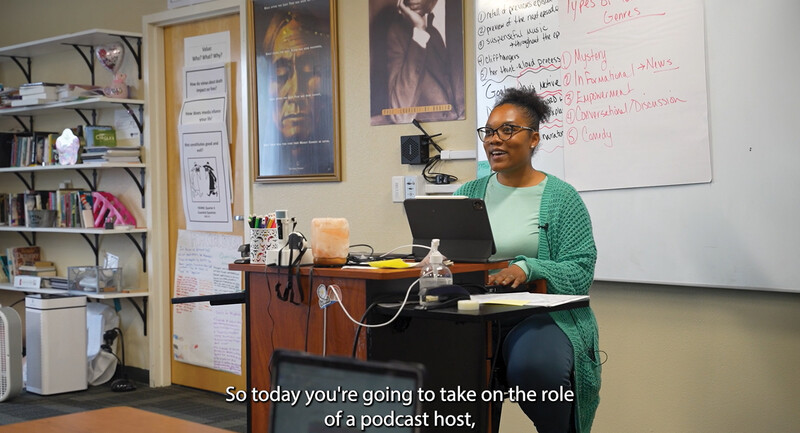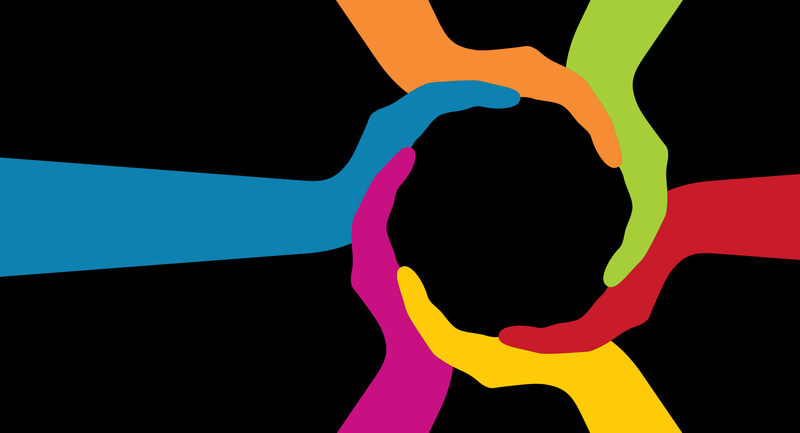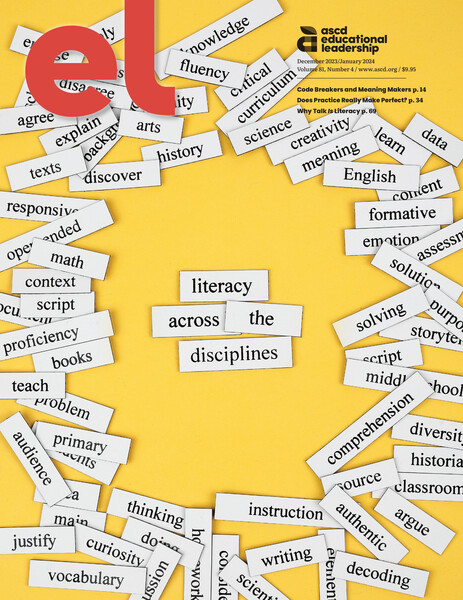Literacy across the curriculum has evolved since its introduction in the middle of the last century, when it was called “content area reading.” The emphasis at that time was on reading to learn, and strategies were not subject-specific. Today, there is an expanded understanding of the fundamental role that all the literacy domains—reading, writing, speaking, listening, and viewing—play in learning subject matter (Flood & Lapp, 1995). These disciplinary literacies, as they are now termed, are tailored to the characteristics and demands of each subject (Shanahan & Shanahan, 2017).
But the full potential of literacies cannot be reached if students are limited to surface-level knowledge acquisition. Students must do more than simply recall facts—through literacy tasks (reading, writing, speaking, listening, and viewing), students should be encouraged to think creatively, problem solve, and consider perspectives that are new to them. Once students have gained initial knowledge about a skill or concept, they need to discover the nuances of the topic. Doing so requires educators across levels and subjects to design literacy tasks that prompt students to think, not just replicate. In this column, we discuss four ways to transform literacy tasks to deepen student learning.
The full potential of literacies cannot be reached if students are limited to surface-level knowledge acquisition.
1. From Closed to Open Tasks
The first possible transformation is moving a literacy task from a closed response that prompts students to provide a single correct answer to one that provides multiple entry points and pathways to successful completion. Open tasks require the learner to entertain a variety of possibilities before settling on a particular solution. In doing so, they must make decisions about how they will approach the task while still meeting its success criteria. In the video that accompanies this column (see below), high school English teacher Marnitta George introduces an open task to her students. Earlier in the unit, they analyzed the podcast Serial for its features, such as author purpose, craft, and tone. They also did research on a subject of their choosing. Now they must make decisions about how they will develop an opening story for a podcast of their own design. In doing so, they draw on reading, writing, speaking, and listening as they plan their podcast and compose the script.
2. From Information to Understanding Tasks
Low-level literacy tasks require that students learn information, such as matching vocabulary words with definitions. Understanding tasks, on the other hand, ask students to apply critical thinking skills to identify relationships and make connections among content. One method for doing so is to compare and contrast different phenomena. For instance, geography students might develop an infographic explaining how the Nile River and the Mississippi River are similar and different from one another. Science students may work together to create a screencast explaining how animal and plant cells are alike and different. In both cases, students gain a deeper understanding of the characteristics of the phenomena, while using various mediums of expression to show what they know.
3. From Telling to Asking Tasks
Resist the urge to tell students information and instead provoke inquiry by using tasks centered on questions. Literacy tasks designed for extended discussion offer students speaking and listening opportunities as they form opinions, furnish evidence, and state claims. Well-known methods for doing so involve debate and Socratic seminars, such as discussing a current news event in social studies or examining a series of opinion articles from various viewpoints about artificial intelligence tools. Techniques like these can be motivating for students because they foster dialogue in the classroom. At the unit level, essential questions provide an organizational structure that allows students to explore a topic (McTighe & Wiggins, 2013).
Resist the urge to tell students information and instead provoke inquiry by using tasks centered on questions.
4. From Procedure to Problem-Solving Tasks
Mathematical discourse is full of the kinds of cognitively challenging tasks that move students from a narrow view of procedures (e.g., applying a formula or using order of operations) to a broader view of how to use flexible thinking to solve problems that are rich in their complexity and conceptual demands. Such methods of flexible problem solving may require students to work with a rich mathematical task that provides insufficient information or includes irrelevant information that might potentially lead students in the wrong direction. Number talks that require students to publicly explain and justify their approach to a problem allow students to engage in critical thinking while exploring various routes to solving a problem.
Literacy Elevates Thinking
Every subject builds knowledge using reading, writing, speaking, listening, and viewing. But only by ensuring that literacy tasks are well designed to provoke critical thinking can we realize the full potential of leveraging literacy across the curriculum.
 Curriculum Design & Lesson Planning
Curriculum Design & Lesson PlanningShow & Tell / Literacy Tasks to Elevate Thinking
 Curriculum Design & Lesson Planning
Curriculum Design & Lesson Planning





